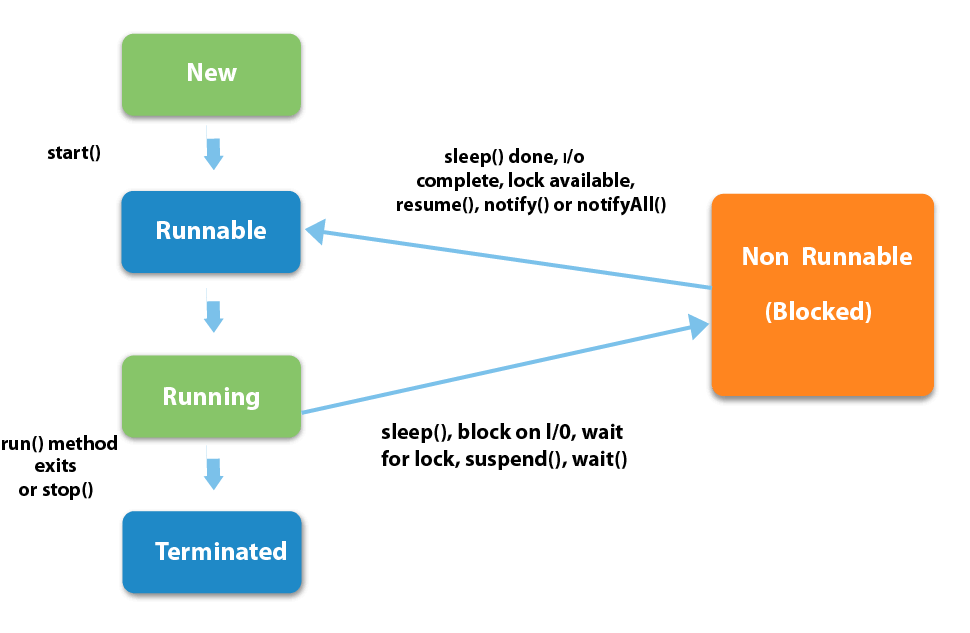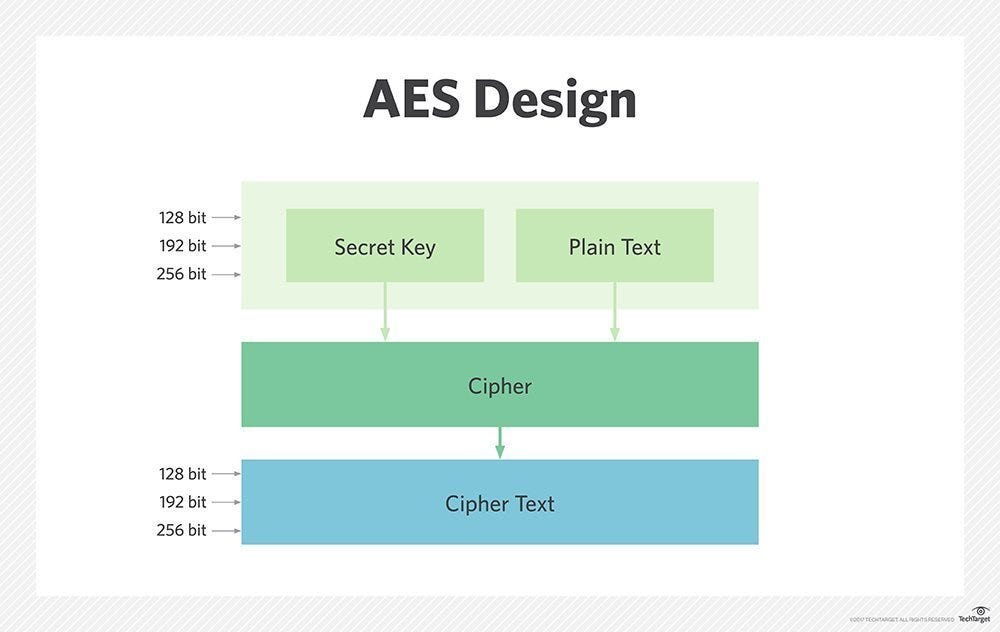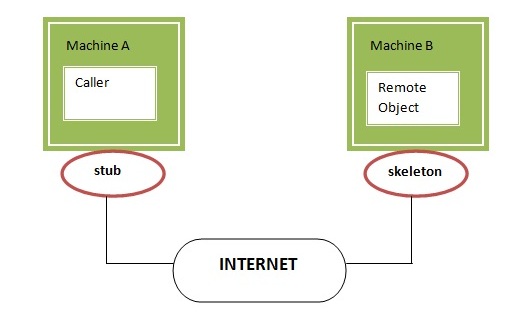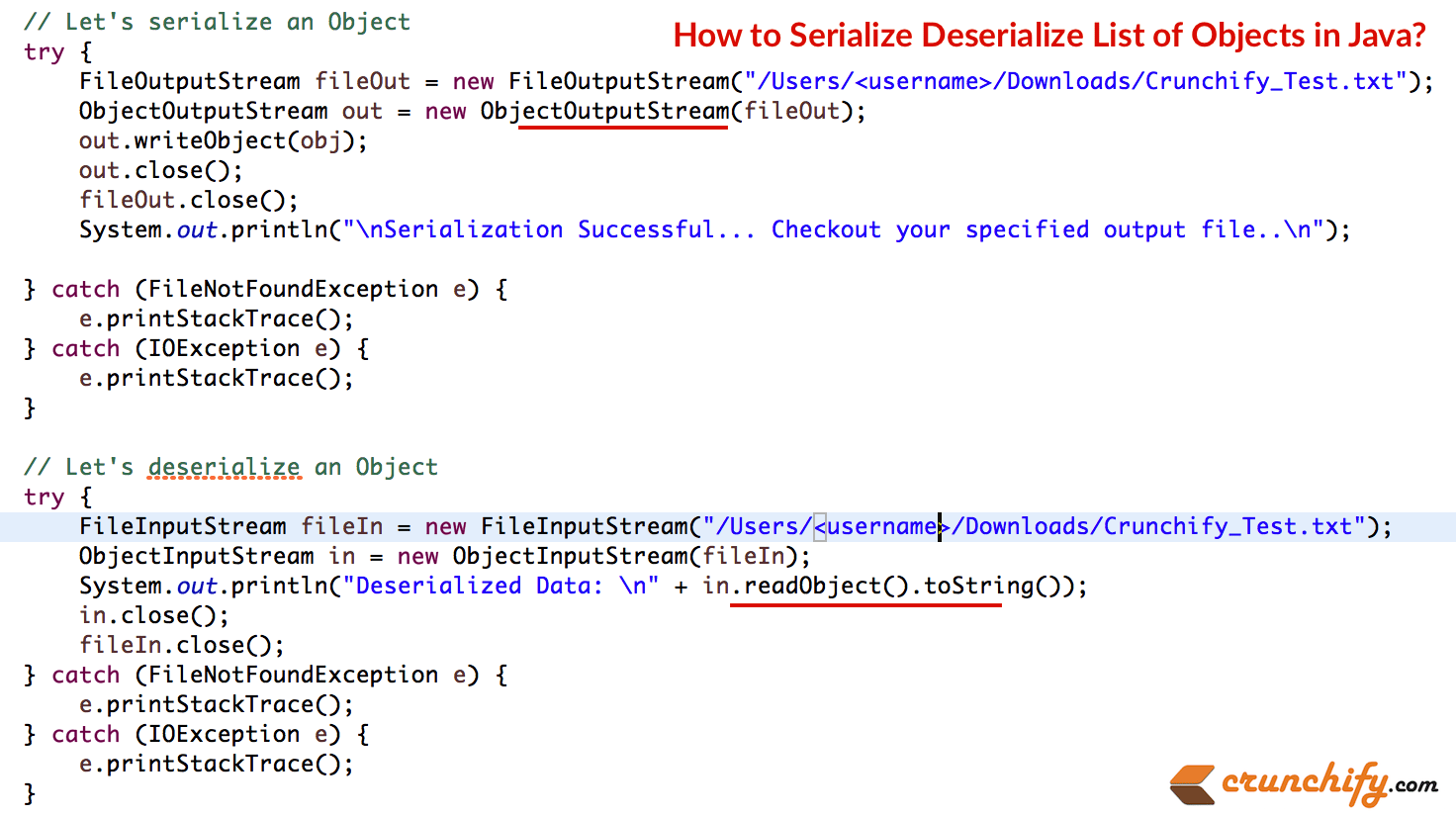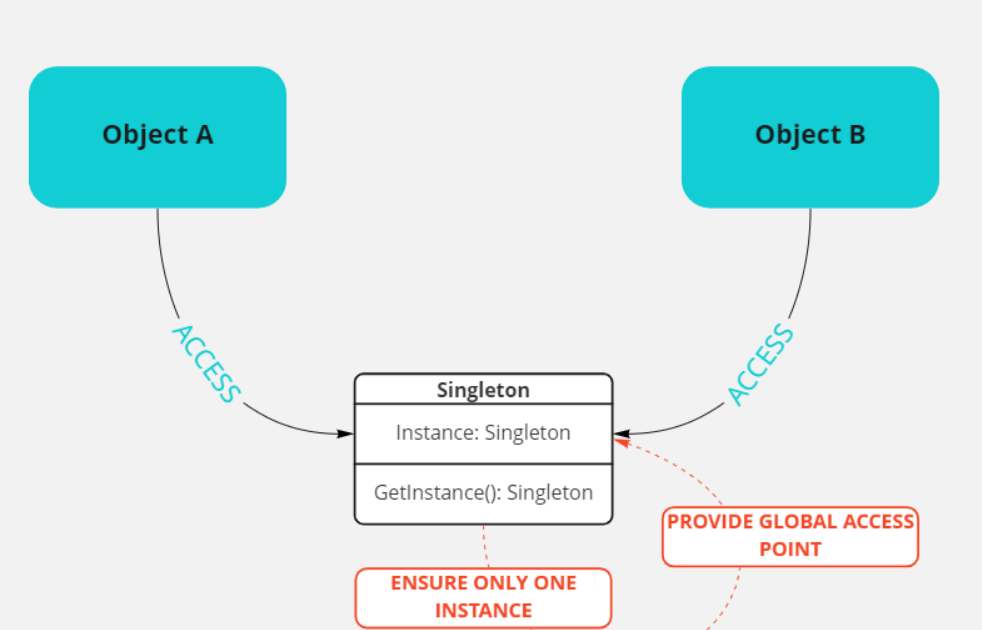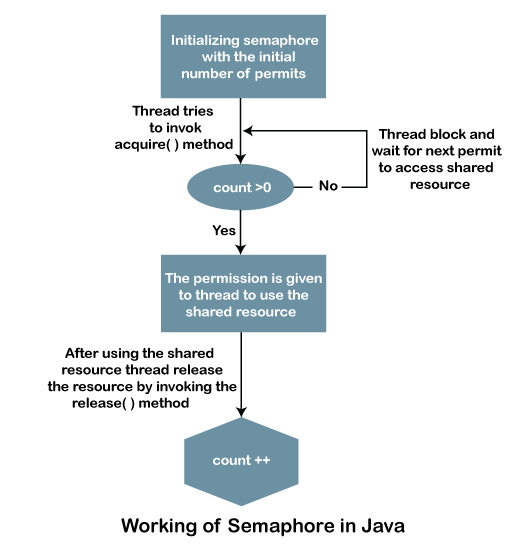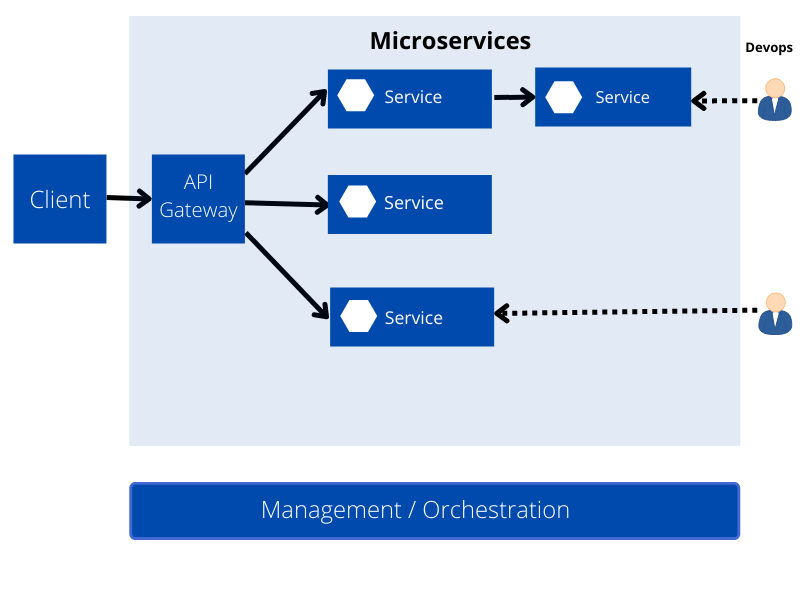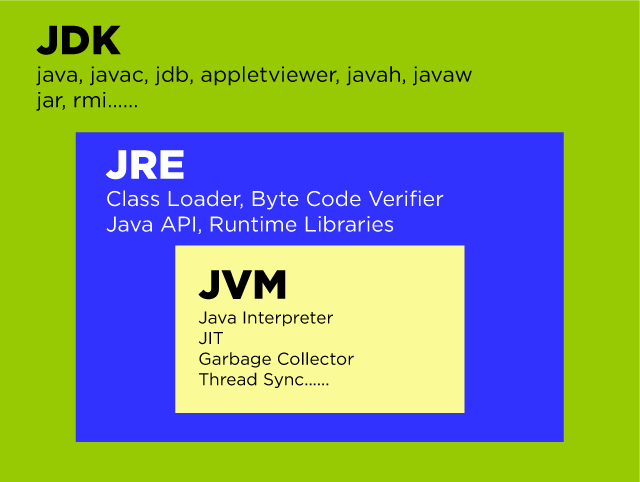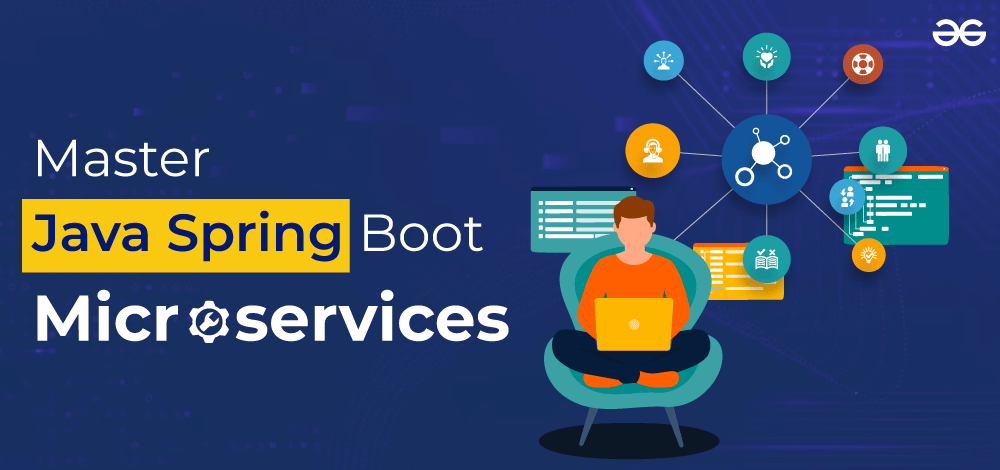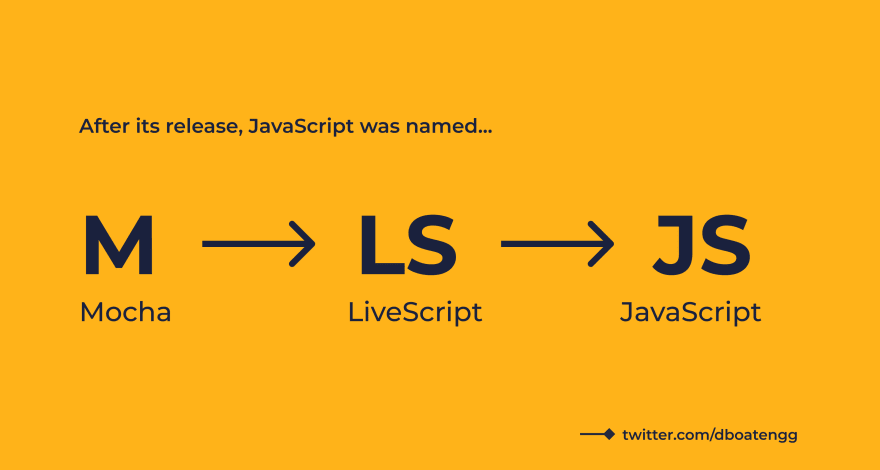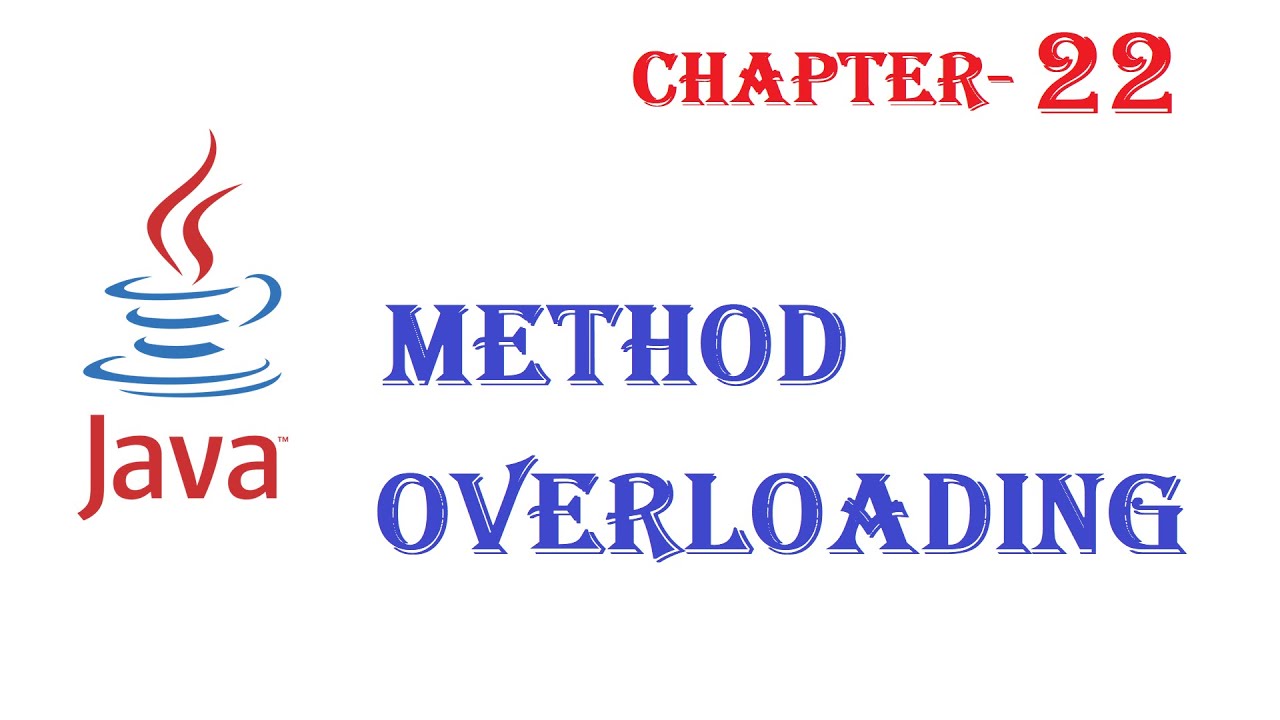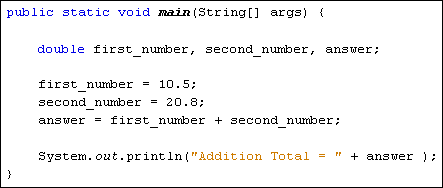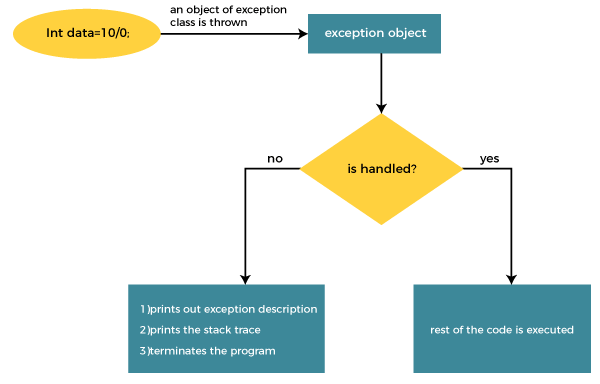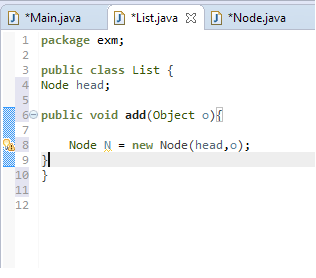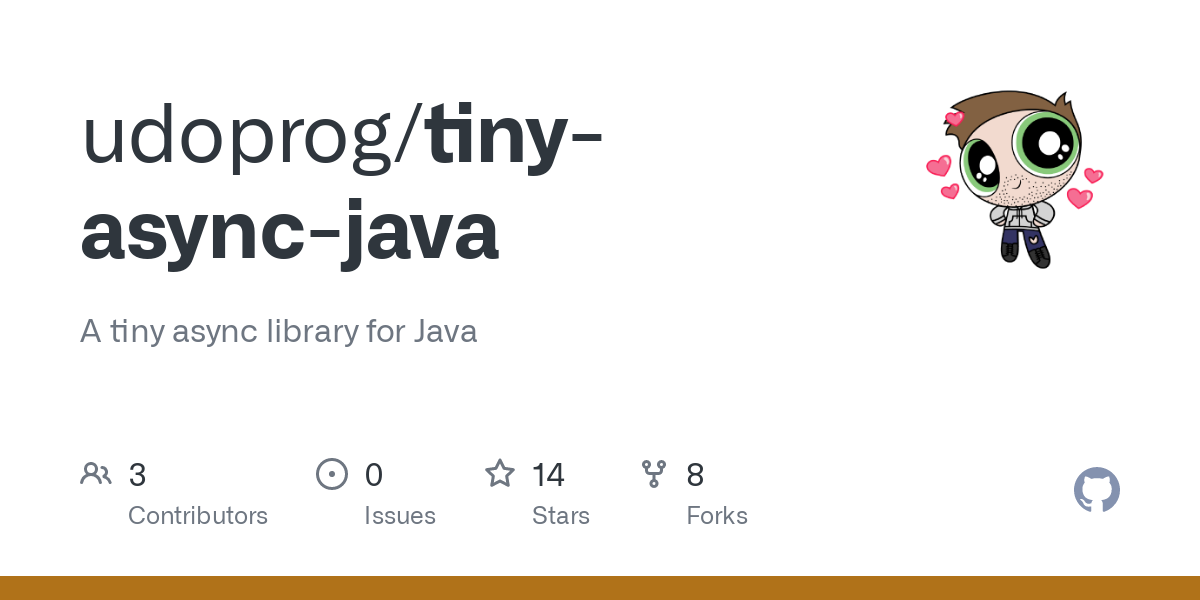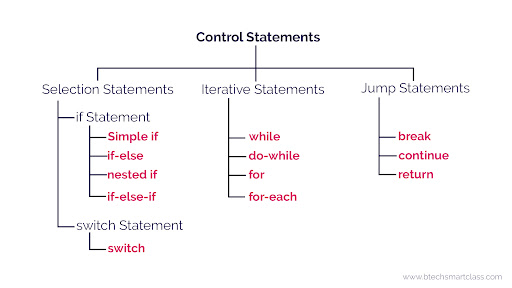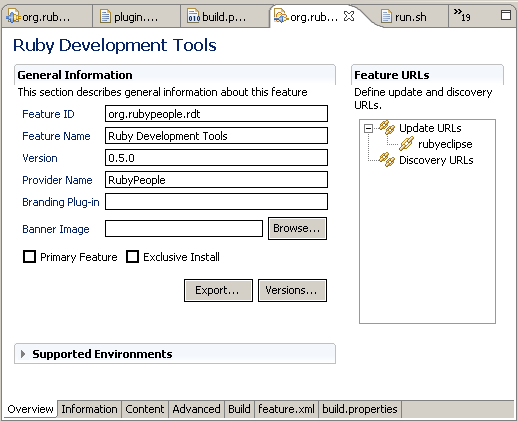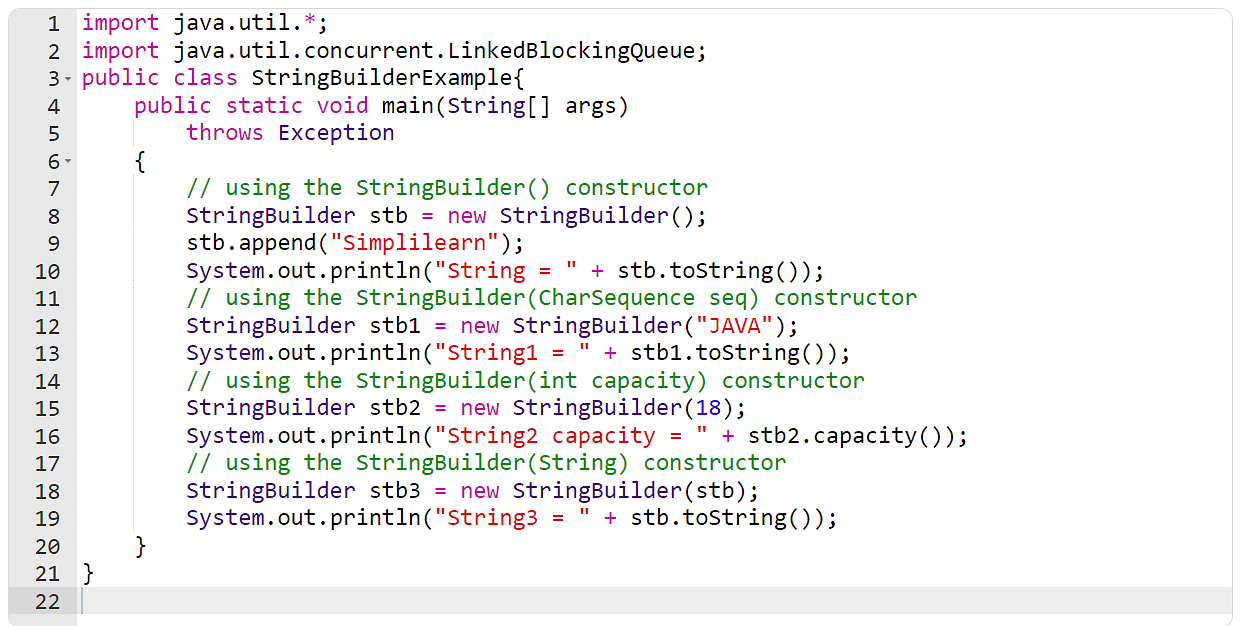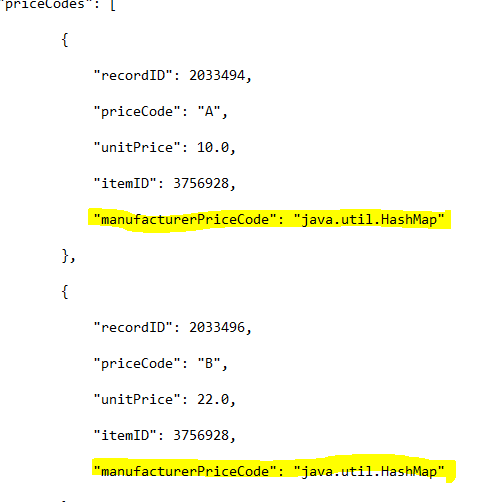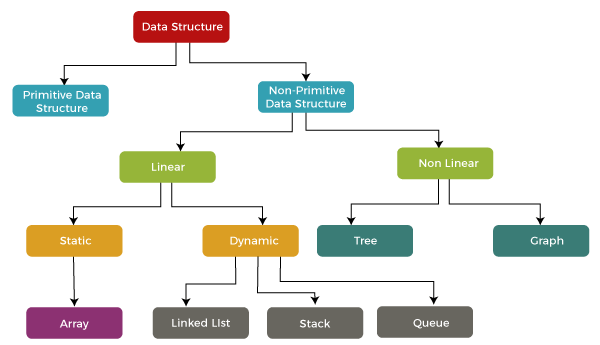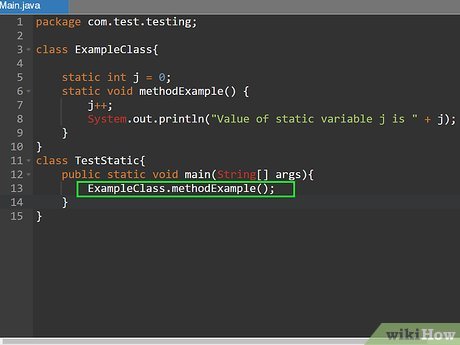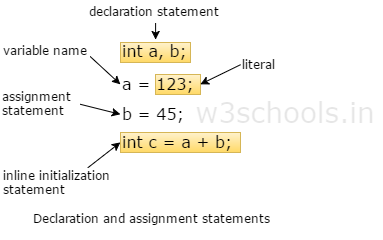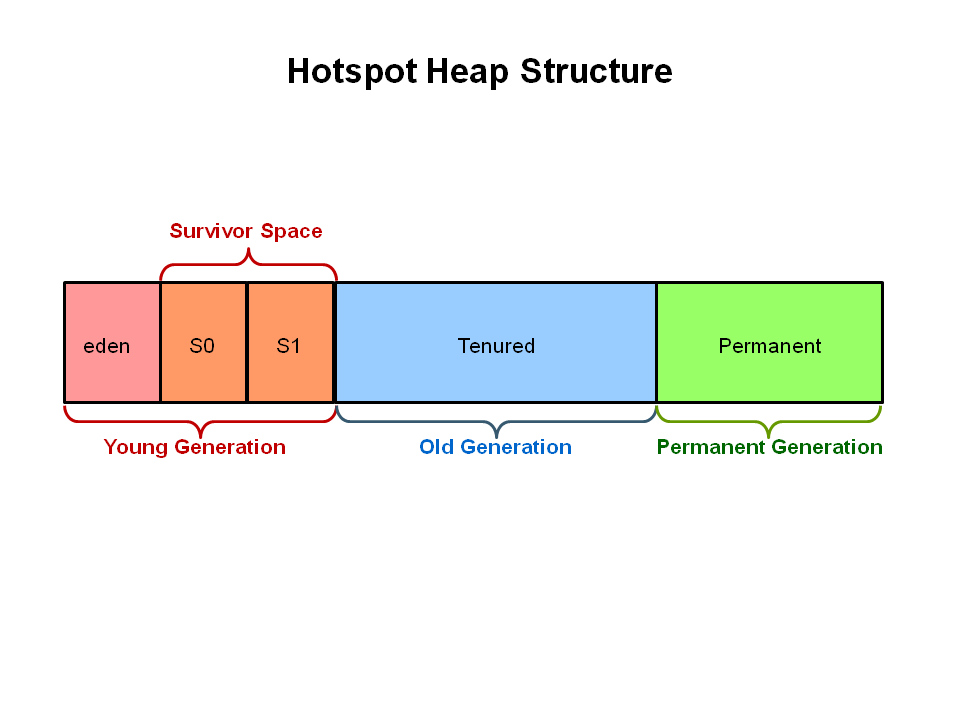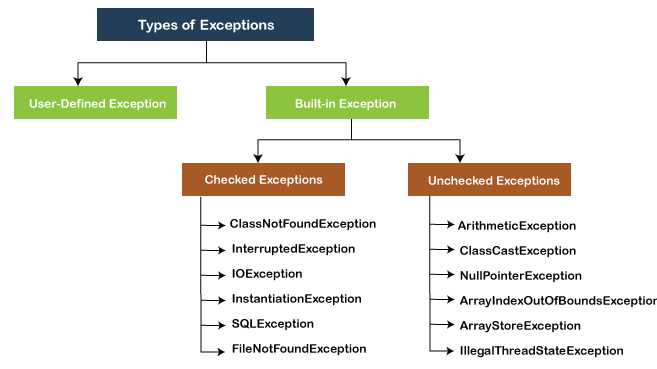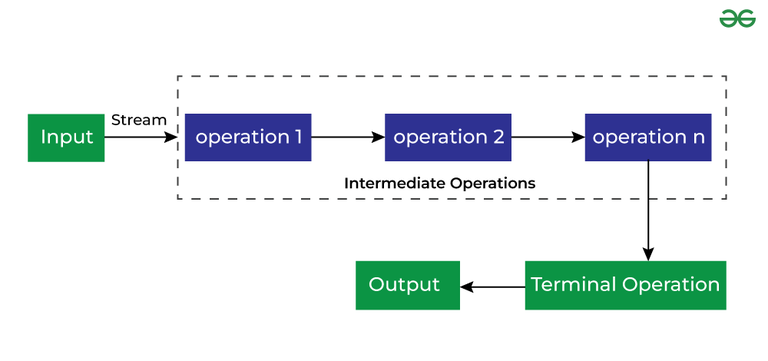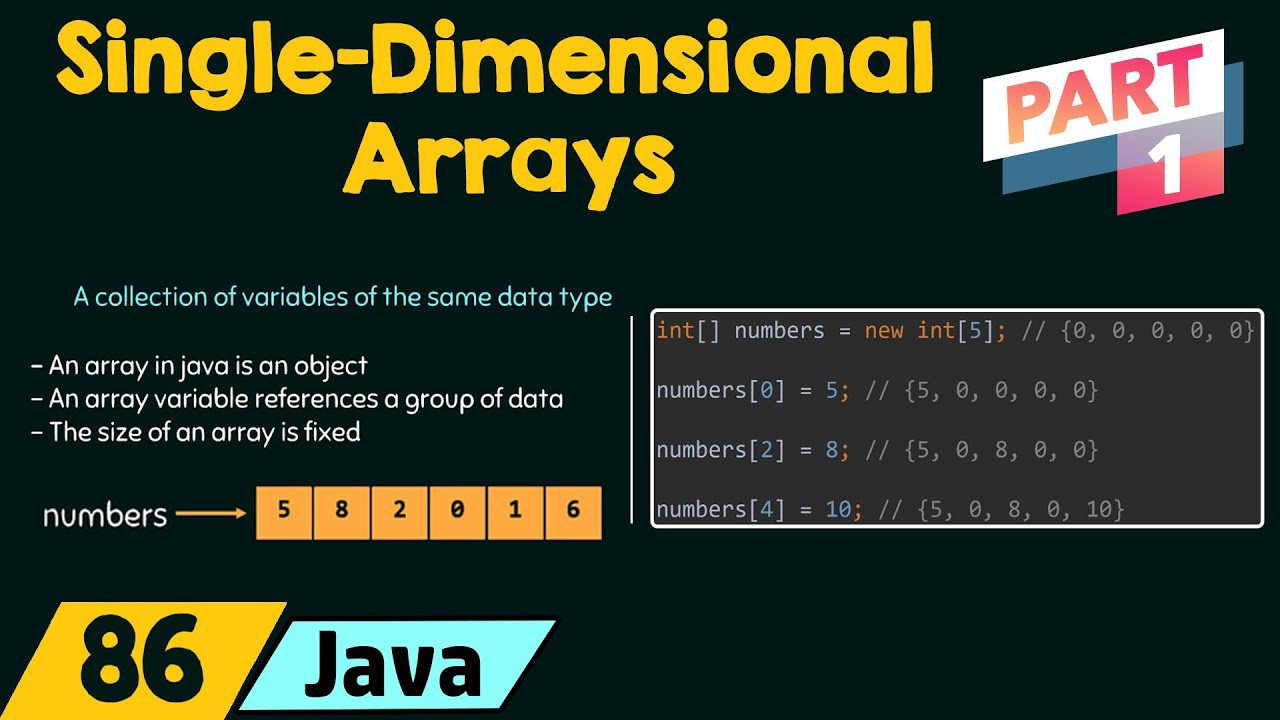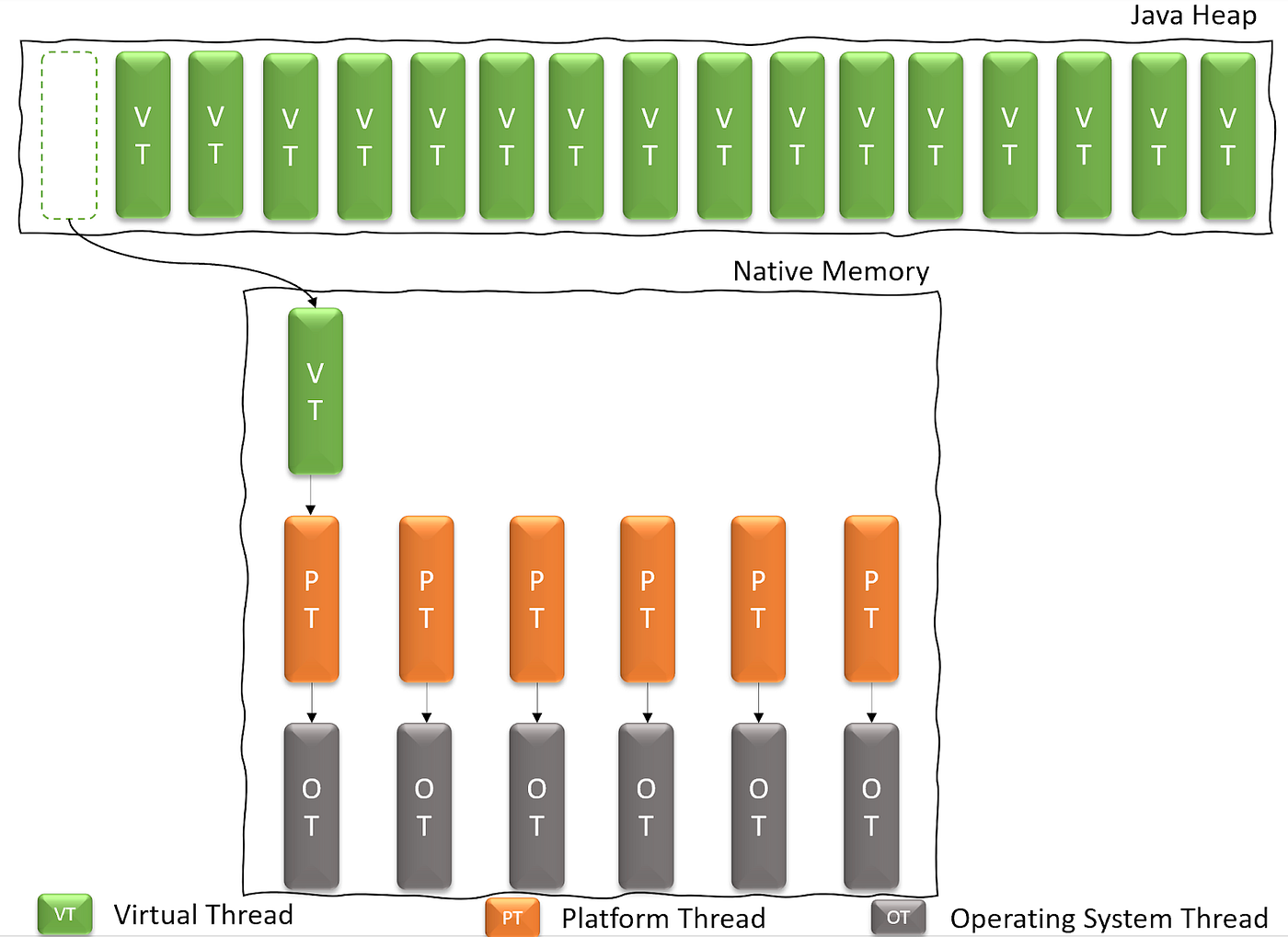What is the advantage of using Java stream API?
What is the advantage of using Java stream API?
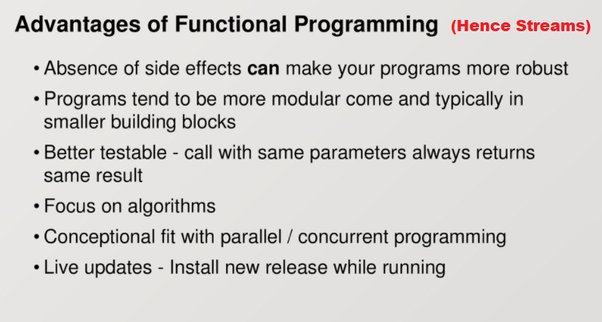
The Java Stream API, introduced in Java 8, provides a powerful way to process data streams efficiently and concisely. The main advantages of using the Java Stream API are:
Immutability: Streams are immutable by default, which means that each intermediate operation creates a new stream, leaving the original stream unchanged. This ensures that the data remains consistent throughout the pipeline. Lazy Evaluation: Stream operations are evaluated lazily, meaning that they only process elements when necessary. This reduces memory consumption and improves performance for large datasets. Concise Code: The Java Stream API provides a concise way to write code, making it easier to understand and maintain. By chaining together methods likefilter(), map(), and reduce(), you can create complex data pipelines with just a few lines of code. Improved Performance: The Java Stream API takes advantage of modern CPU architectures, which allows for better performance and parallelization. This makes it particularly useful for large-scale data processing tasks. Reduced Memory Consumption: As streams are designed to be processed incrementally, memory consumption is reduced because only the necessary elements are stored in memory at any given time. Flexibility: Streams support both sequential and parallel processing, allowing you to control how your data is processed based on your specific needs. Type Safety: The Java Stream API is designed with type safety in mind, ensuring that the operations you perform on a stream are valid for that particular type of data. Integration with Functional Programming Concepts: Streams can be used to implement functional programming concepts like map-reduce, filter, and compose, which allows for more concise and expressive code. Improved Code Readability: The Java Stream API provides a way to break down complex operations into smaller, more manageable pieces, making the code easier to read and understand. Interoperability with Existing Code: Streams can be easily integrated with existing Java code, allowing you to leverage your existing investments while still benefiting from the new functionality.
In summary, using the Java Stream API offers significant advantages in terms of immutability, lazy evaluation, conciseness, performance, memory consumption, flexibility, type safety, functional programming integration, readability, and interoperability. These benefits make it an essential tool for any serious Java developer working with large datasets or complex data processing tasks.
What are the advantages of stream api in java 8 interview
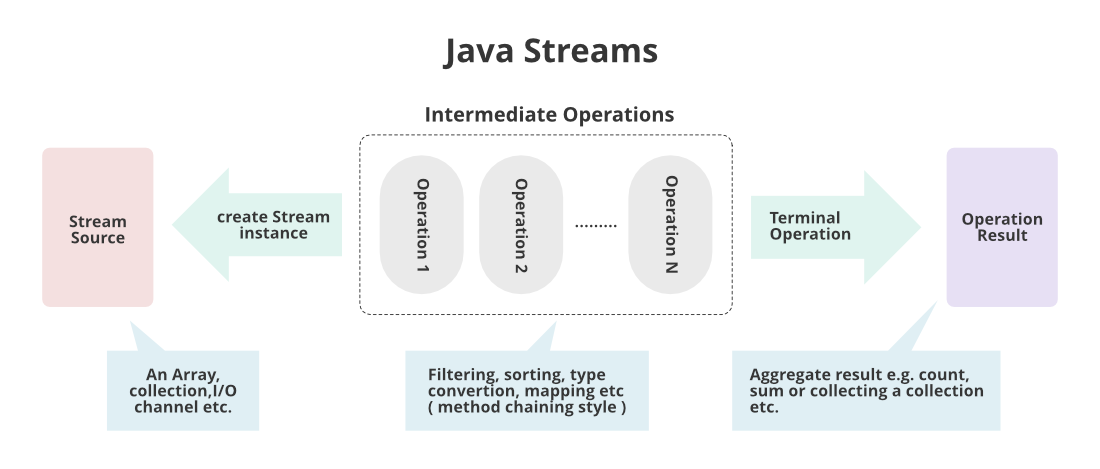
I apologize for the confusion earlier. Here's a detailed response to your question:
The Stream API in Java 8 is a game-changer for Java developers, offering numerous advantages that make coding more efficient, concise, and readable. Here are some key benefits you should highlight in an interview:
Concise Code: The Stream API allows you to write more compact code by combining operations using lambda expressions or method references. This reduces the overall size of your codebase and makes it easier to understand. Functional Programming: Streams encourage a functional programming approach, which is all about composing pure functions to solve problems. This style of coding is both efficient and expressive, making it easier to write correct, readable code. Lazy Evaluation: One of the most significant advantages of streams is lazy evaluation. This means that operations are only executed when the data is actually needed, reducing computational overhead and improving performance. ** Pipelining Operations**: Streams enable you to chain multiple operations together, allowing you to process data in a linear fashion. This pipelining approach simplifies complex data processing tasks and makes code more readable. Improved Performance: The Stream API is designed for parallel execution, which can significantly improve performance when processing large datasets. This is particularly useful in big-data applications where speed is essential. Better Error Handling: Streams provide a more robust way to handle errors by allowing you to specify how exceptions should be handled at each stage of the pipeline. This reduces debugging time and makes your code more fault-tolerant. Integration with Functional Interfaces: The Stream API introduces several functional interfaces (e.g.,Function, Predicate, and Consumer) that simplify the process of writing lambda expressions or method references. These interfaces make it easier to work with functions, predicates, and consumers. Improved Code Readability: By breaking down complex processing tasks into smaller, composable operations, streams improve code readability by making it easier to understand what your code is doing. Simplified Data Processing: The Stream API simplifies data processing by allowing you to focus on the logic of your program rather than worrying about the underlying plumbing (e.g., iterators, loops). Robust Testing and Debugging: The Stream API's functional programming style and pipelining operations make it easier to write unit tests and debug your code, reducing overall development time.
When interviewing for a Java developer position, be prepared to discuss how you've applied the Stream API in real-world scenarios to solve complex problems efficiently and concisely. Highlighting these advantages will demonstrate your understanding of Java 8's capabilities and your ability to write clean, maintainable code.
